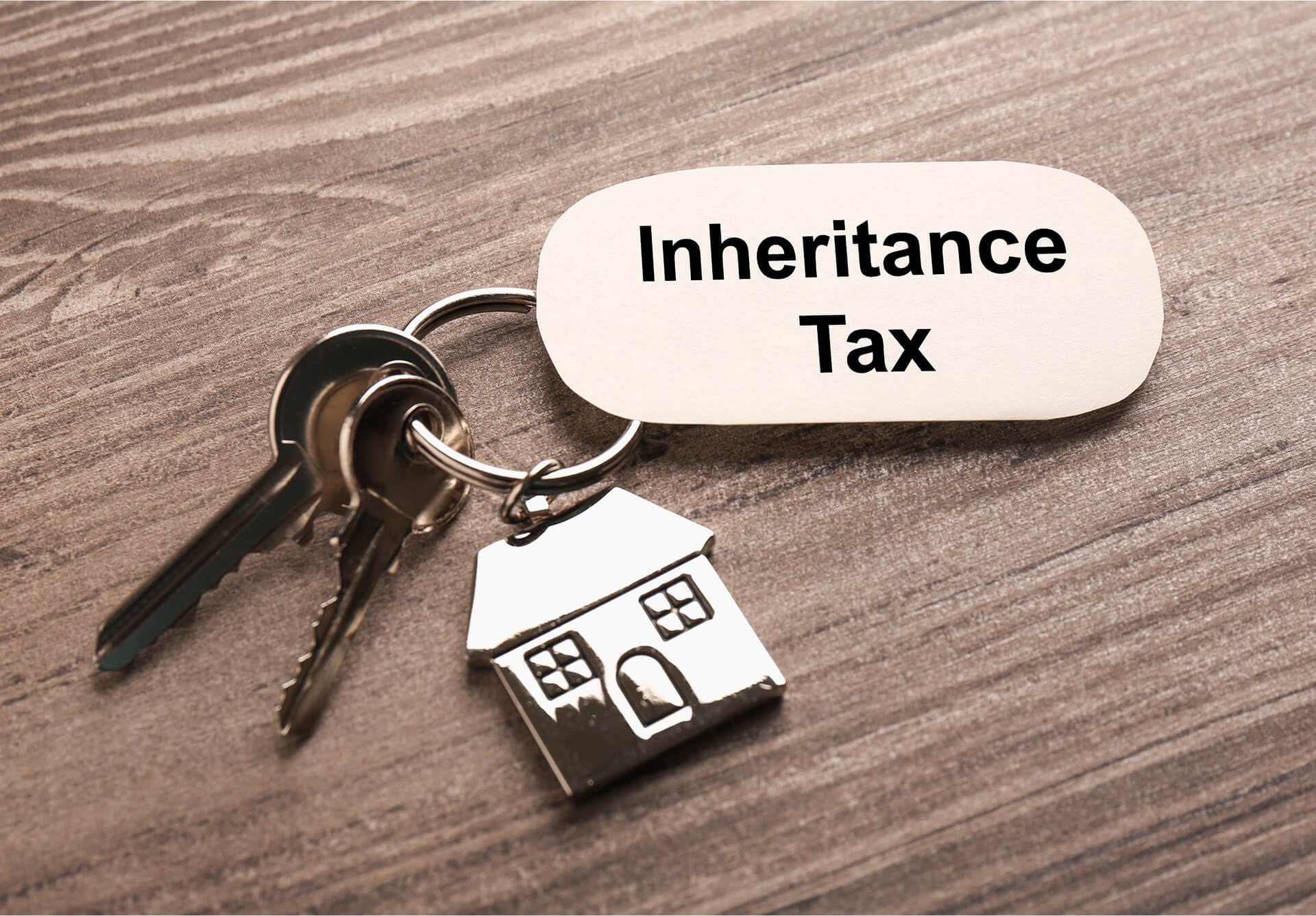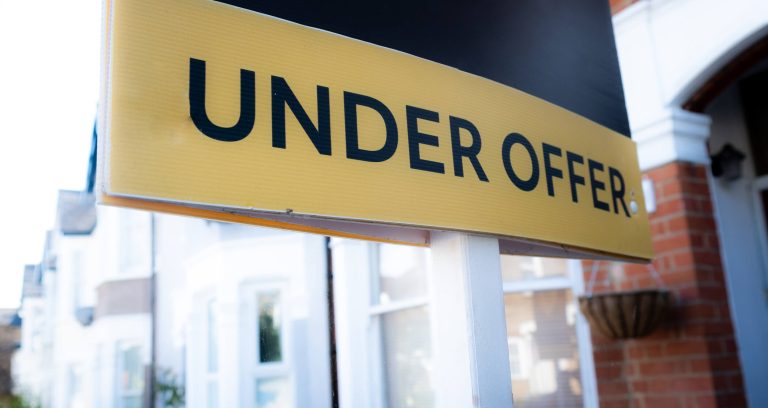Inheritance Tax (IHT) is a crucial factor when selling an inherited property. Understanding how IHT works and how it affects property sales is essential to avoid surprises. This guide provides valuable insights into IHT, the taxes involved, and what you need to know when selling a property you’ve inherited.
What Is Inheritance Tax (IHT)?
Inheritance Tax (IHT) is a tax imposed on the estate of a deceased person. This includes all their property, money, and other assets. If the total value of the estate exceeds a certain threshold, IHT applies. For the 2023/24 tax year, the threshold (nil rate band) is £325,000. The tax rate on anything above that threshold is 40%.
However, not every estate is subject to IHT. For example, IHT does not apply when a spouse or civil partner inherits the property. Additionally, there are exemptions and reliefs that may reduce the IHT liability.
How IHT Affects Property Sales
When you sell an inherited property, IHT can impact the sale process. If IHT has already been settled by the deceased’s estate, you can sell the property freely. However, if the estate hasn’t paid the IHT, the proceeds from the sale may need to go towards covering the owed tax. Let’s explore how this works.
What Happens if IHT Has Already Been Paid?
If IHT has already been settled by the estate, the property is free from IHT, and you can sell it like any other property. However, the estate might still need to go through probate. Probate is a legal process that confirms the executor’s authority to manage the estate, including selling the property. To understand more about probate, check out our guide to probate.
What If You Sell Before IHT Is Settled?
If the estate hasn’t paid IHT, selling the property helps cover the tax. As the executor manages the estate’s debts, they will use the property’s sale proceeds to settle the owed tax. To avoid delays, communicate regularly with the executor to ensure the sale moves forward without issues.
How to Calculate IHT on an Inherited Property
Calculating IHT on an inherited property involves a few key steps:
- Step 1: Property Valuation: A professional surveyor determines the market value of the property at the time of death.
- Step 2: Subtract Liabilities: The estate’s liabilities, such as any outstanding mortgages or debts, are deducted from the total value of the estate.
- Step 3: Apply the Nil Rate Band: The first £325,000 of the estate’s value is exempt from IHT.
- Step 4: Apply Reliefs: Apply any available reliefs, such as the Residence Nil Rate Band (RNRB), which can reduce the IHT on the family home.
What If You Inherit a Property with a Mortgage?
If the deceased had a mortgage on the property, the estate must pay it off before selling. If the estate doesn’t have enough funds to cover the mortgage, the property will need to be sold. The lender may allow the estate to continue making payments until the property is sold, but ultimately, the estate must sell the property to settle the mortgage. To understand how to sell a property with a mortgage, check out our guide on selling a property with a mortgage.
Reliefs and Exemptions That Can Reduce IHT
Several reliefs and exemptions can help reduce the IHT on an inherited property. Here are the most relevant ones:
- Spouse or Civil Partner Exemption: IHT doesn’t apply if the deceased left the property to a surviving spouse or civil partner.
- Residence Nil Rate Band (RNRB): If the property passes to direct descendants, such as children or grandchildren, the estate may qualify for an additional £175,000 exemption.
- Business Relief: If the deceased owned a business, the business may be exempt from IHT, subject to certain conditions.
To learn more about the various reliefs and exemptions available for IHT, visit our guide to IHT reliefs and exemptions.
How to Sell an Inherited Property
Once IHT has been addressed, selling the inherited property follows the same steps as selling any other property. Here’s a quick overview:
- Get the Property Valued: Have the property professionally valued by a surveyor.
- Apply for Probate: The executor of the estate must apply for probate to legally manage the estate.
- Choose a Selling Method: You can sell the property through an estate agent or opt for a fast cash sale.
- Settle Debts: Ensure the estate settles any debts, including IHT, before completing the sale.
- Complete the Sale: Once everything is settled, the proceeds from the sale will be distributed according to the will or laws of intestacy.
Conclusion
Inheritance Tax (IHT) plays a significant role when selling an inherited property. By understanding how IHT is calculated and the available reliefs, you can minimize unexpected tax liabilities. Always consult with a tax advisor or solicitor to ensure you’re navigating the IHT process correctly and avoiding costly mistakes.
About National House Buyers
Need to sell your property without delay, anywhere in the UK? National House Buyers offers a guaranteed cash sale, for all types of properties, regardless of their condition.
Bypass the usual selling frustrations: no estate agent fees, avoid property chain risks, and experience a completely transparent process with no hidden costs or lengthy waits. We’re focused on providing UK sellers with a fast and easy way to move forward.
Take the first step towards a quick sale – discover how it works or call us free on 0800 032 1217 today.



